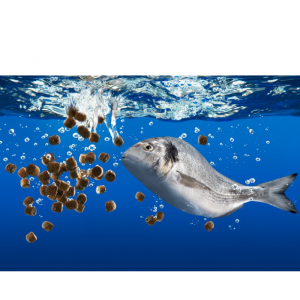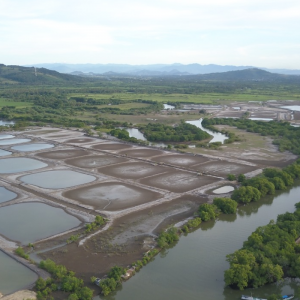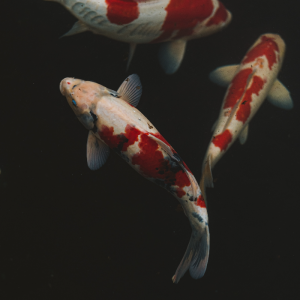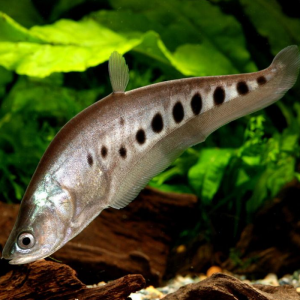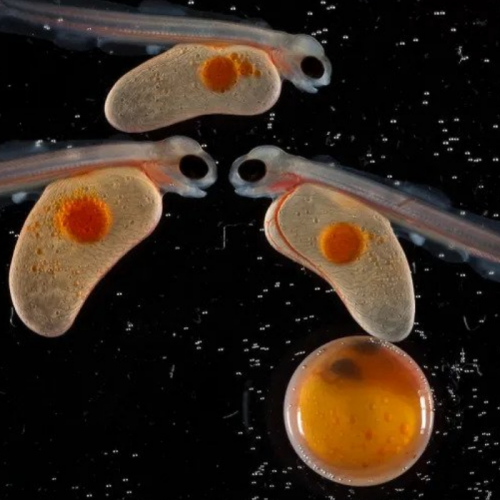
Why Genetics is Key to The Evolution of Aquaculture
| Wed, 22 Apr 2020 - 08:10
The potential of fish and shellfish production to feed a growing global population could be significantly enhanced through advances in genetics and biotechnology.
Many species of fish and shellfish have been domesticated relatively recently compared with most livestock species, and so have diverse gene pools with major potential for selective breeding, according to a new review paper in Nature Reviews Genetics.

Sequencing the Atlantic salmon genome has had a huge impact on breeding programmes, which could be replicated in other farmed aquatic species
© SalmoBreed
The development of tools to gain insight into the genetics of these species, and apply such tools for breeding and management, provides opportunities to release that potential, researchers say.
Most aquaculture species can produce many offspring, and large populations with improved genetics can be bred quickly for improved production performance.
The benefits may include improved growth, resistance to disease or robustness in diverse farming environments.
Farmed fish is on course to overtake wild fish as the main source of seafood, and consequently genetic tools and expertise are in high demand to increase the efficiency and sustainability of aquaculture systems, which currently rely mostly on unselected stocks.
Insight into the genomes of species can enable careful selection of a farming population with desirable traits, and monitoring genomic variation will help maintain genetic diversity as farm populations develop.
In the future, technologies such as genome editing could be used to introduce desirable traits, such as disease resistance, into farmed species, and surrogate breeding could be employed to support production of preferred species.
The review paper – a collaboration between experts from Universities of Edinburgh, Exeter, Stirling, and Aberdeen – is an output of the AquaLeap consortium project.
AquaLeap is funded by the Biotechnology and Biological Sciences Research Council, the Natural Environment Research Council and the Scottish Aquaculture Innovation Centre, in partnership with the Centre for Environment, Fisheries and Aquaculture Science, Hendrix Genetics, Xelect, The National Lobster Hatchery, Tethys oysters, and Otter Ferry SeaFish.
Environmental biologist Dr Eduarda Santos, from the University of Exeter, who is the co-author of the study, said: "The rapid expansion of aquaculture has contributed to increased food security across the globe, however, issues related to domestication of desired species and emergence of diseases, limit its further development.
"Genomics has the potential to offer solutions to many of these limitations by improving our knowledge of the genomes of cultured organisms, genetic selection, and better understanding of the dynamic interactions between genes and the environment, to maximise food production."
Dr Jamie Stevens, also from the University of Exeter and co-author added: "We only have to look at the example of Atlantic salmon to see the immense value of a sequenced genome to the relatively recent optimisation of a wild species for the aquaculture market.
"Similarly, we anticipate the delivery of a genome for other species, including the European lobster, will offer similar opportunities to develop molecular tools with which to rapidly increase the potential of lobster as an aquaculture species and improve the sustainability of its wild populations."
Source: The Fish Site













